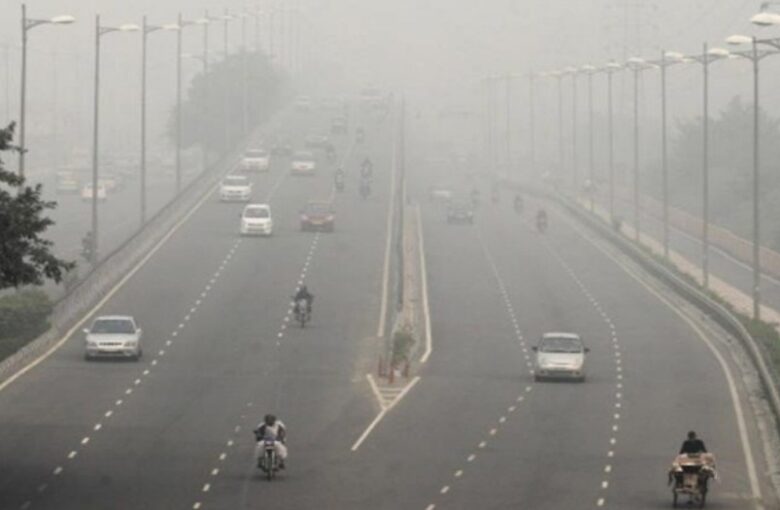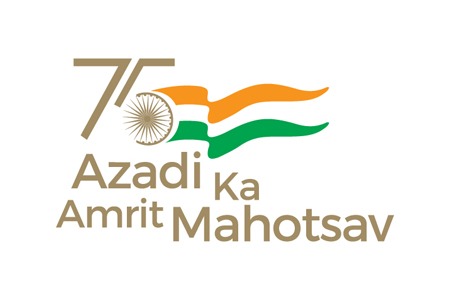New Delhi: The Commission for Air Quality Management in NCR and Adjoining Areas (CAQM) has decided to tap the technical expertise of reputed scientific institutions working in the field of air pollution for joint and augmented approach towards prevention, control and abatement of the menace of air pollution in Delhi-NCR.
Following detailed technical and financial evaluation and appraisal, seven proposals have been approved by the Commission.
Officials said that use of Artificial Intelligence (AI)/ Machine Learning (ML) tool for vehicle counting by uploading the CCTV footage on Cloud Platform by CSIR-National Environmental Engineering Research Institute (NEERI), Nagpur is one of the proposals. This will help in preparing the air pollution emission inventory with the help of vehicle count for urban centres.
Addressing vehicular traffic induced road dust re-suspension with Science & Technology (S&T) based action plans for air quality improvement in Delhi NCR by CSIR-NEERI, Delhi and CSIR – Central Road Research Institute (CRRI), Delhi is another proposal. The objective of the proposed study is to improve the Air quality of Delhi NCR by addressing vehicular induced road dust with scientific and technological based action plans.
An autonomous drone swarm framework for real time air quality monitoring and pollutant quantification in NCR hotspots by Thapar Institute of Engineering and Technology, Patiala, is also one of the proposals. The objective of the project is to develop an AI based technique for flying drones in a specified trajectory with minimal human intervention for real-time air quality monitoring specifically for the pollutants like SO2, NO2, PM 2.5 and PM10.
Decision Support System (DSS) for air quality management in Delhi and its bordering districts in the NCR by IITM, Pune is also a proposal and the objective is to provide quantification of the local, regional, and distant emission sources and provide possible emission reduction strategies to avoid forthcoming air pollution events.
Trial of ambient Air Purification System (APS) in a market place in Delhi NCR by SASTRA University, Thanjavur is another proposal and the objective of the project is to carry out trial by deploying the novel Air Purification System (APS) at a market place in Delhi/NCR to reduce harmful exposure to the people and to reduce AQI by at least 25 to 50 per cent in the target area.
Under-actuated Filterless Air Cleaner Retrofit for rolling stock and vehicles by IIT Delhi is one such proposal which is about demonstration of Filterless Air Cleaner by retrofitting in buses to use their aerodynamics to clean air using filterless separators (horizontal cyclones).
Evaluation of retro-fitment of two-wheeler and three-wheeler auto-rickshaws with electric drive as an option for improvement in air quality in NCR by Automotive Research Association of India (ARAI), Pune is also a proposal.
Officials said that the projects are aimed at developing better capabilities for air quality monitoring/ demonstrating field implementable solutions/ technologies, for the Commission to bolster its fight against the air pollution menace of NCR. Specific time limits along with budgetary allocations have also been set for each of the projects to be carried out for identification and resolution of problems surrounding the air quality of NCR.
(IANS)














